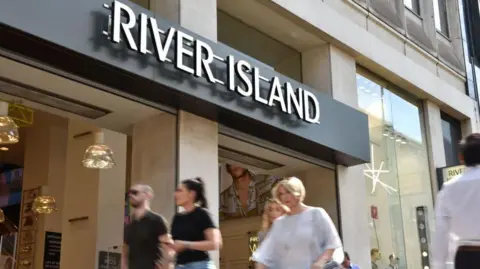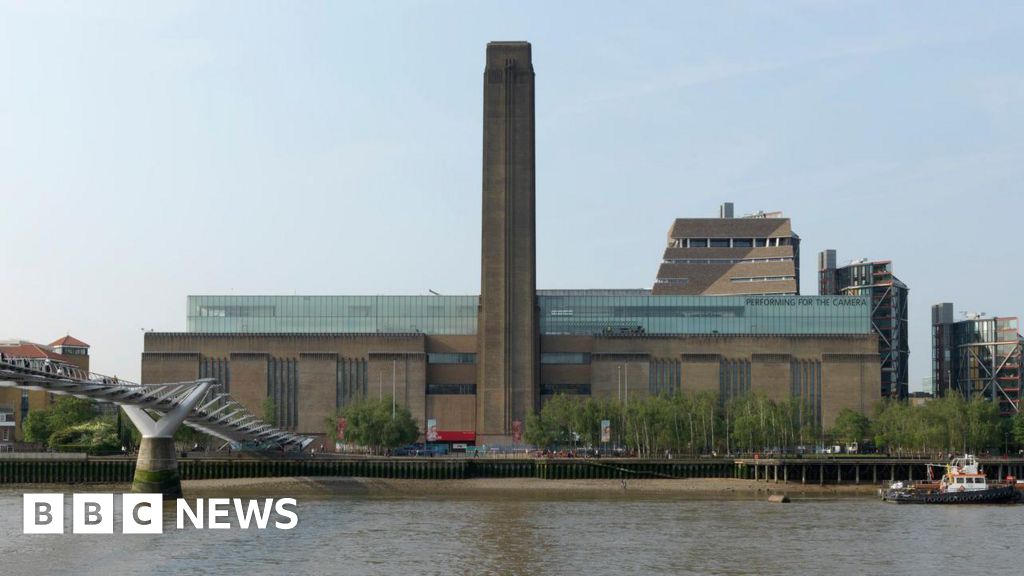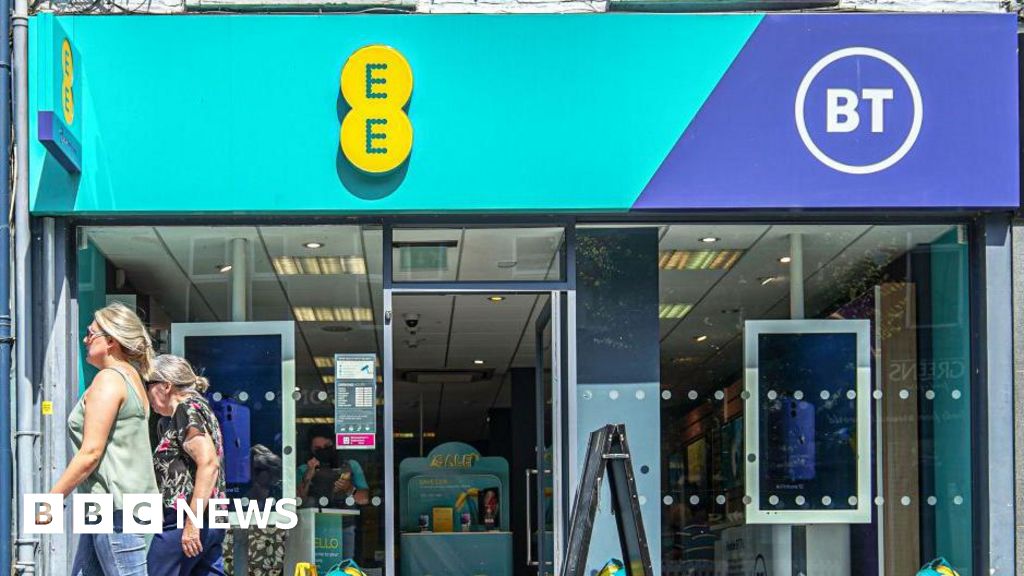
 Getty Images
Getty Images
The future of River Island is in the balance ahead of a crucial court ruling on the fashion chain's restructuring plans.
The British chain - which once collaborated with Rhianna - revealed in June that it intends to close 33 shops in the UK, putting hundreds of jobs at risk, and also wants its landlords to cut rents at a further 71 stores.
It said more people shopping online and higher costs to run stores had contributed to heavy financial losses.
Reports have suggested it could collapse if its plans are not accepted by the High Court next month, although the firm said it was "confident" they will be.
So what has gone wrong for the High Street stalwart?
Catherine Shuttleworth from Savvy Marketing said River Island's challenges were "significant" but they were shared by the wider retail industry.
She believed the fashion chain had been affected by several factors including having its stores in the wrong place and facing rising costs.
"River Island has maintained an expensive portfolio of stores at a time when costs are rising and footfall is falling," she told the BBC.
"Many older stores find themselves in parts of town which may have been busy 20 years ago but now find themselves on the periphery."
Known for affordable and stylish fashion, brands such as River Island and Topshop dominated High Street fashion from the early 2000s to the mid 2010s.
The first River Island store opened in 1988, after being originally founded in 1948 under the Lewis and Chelsea Girl brand before being renamed.
The family-owned retailer currently has 230 shops, employs about 5,500 people and was one of the first big UK High Street names to launch online in the late 1990s.
But recent years have proved tough. Ben Lewis, chief executive of River Island, said last month that a sharp rise in "the cost of doing business" over the past few years had "only added to the financial burden".
Intense competition in fashion retail, not only from the likes of Boohoo, but also from Chinese giants such as Shein and Temu, have also added to its challenges.
Its most recent set of accounts revealed a £33.2m loss, with sales down 19%.

 Getty Images
Getty Images
Rihanna collaborated with River Island in 2013
Creditors will start to vote on River Island's restructuring plan on 4 August, and the High Court will decide whether to approve it on 7 August.
If the plans are rejected, then it is understood the retailer will revise its strategy.
River Island says the plan is a "proactive measure" to place it on "a firm footing".
"We have been having positive conversations with key stakeholders and are confident that we will achieve approval of the plan in the next few weeks," a spokesperson for the retailer said.
Nick Sherrard, managing director of Label Sessions, said River Island was in trouble now because of actions not taken years ago.
"What's very apparent here is that from landlords and suppliers, to investors, no one believes in River Island enough to do it some favours," he told the BBC.
Mr Sherrard also said River Island was missing the mark when it comes to keeping loyal customers.
"Customers know it, but they don't know why they should care about the brand," he added.

 Getty Images
Getty Images
River Island launched a range of T-shirts in aid of The Prince's Trust in 2009
Can it make a comeback?
Mr Sherrard said River Island may need more time to turn its fortunes around.
"River Island's leadership team clearly think that if they can just get a few more months, they can turn the ship around, but the best businesses know that you always have a lot less time than you think before change hits the market," he said.
Remy Farrell, fashion editor at the Who What Wear website, told the BBC that River Island's fate depends on how it chooses to rebrand.
"Times are tough for High Street brands that need to feel premium to stay afloat." she said.
The current best performing brands are those that "don't rely on buzzy microtrends", she added, but provide "interchangeable pieces rather than seasonally targeted drops".
"As we wait with baited breath for the return of Topshop to see just how well the nostalgia factor will support an affordably-priced, younger-skewing brand in the years to come, the concern here for River Islands longevity is who its key market is."
Additonal reporting by Connie Bowker









 English (US) ·
English (US) ·